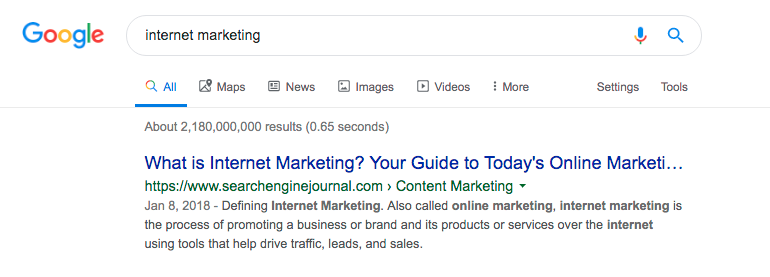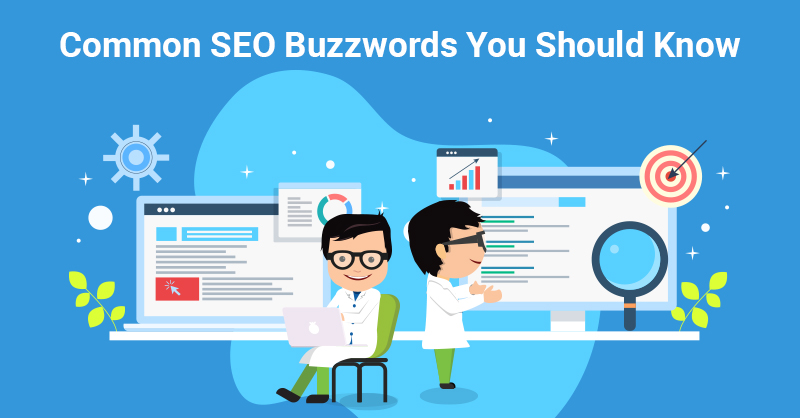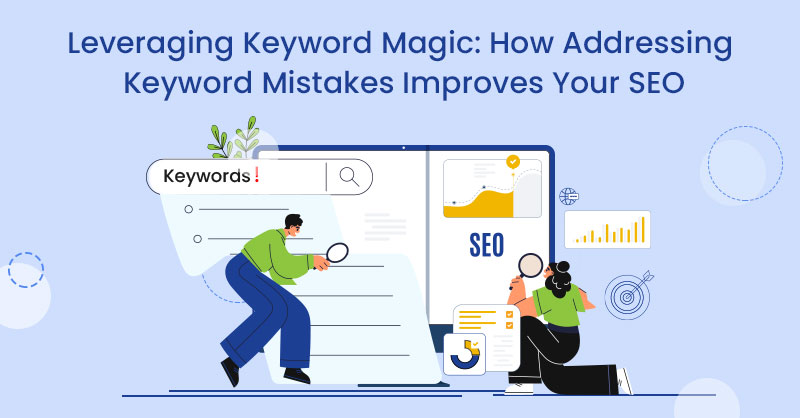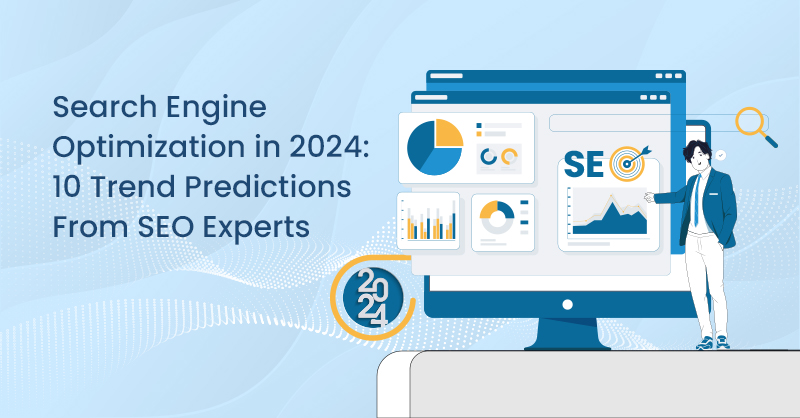Digital Marketing has become incredibly important over the last couple of years. The more important it becomes, the more complicated it can get with terms, features and platforms to use. When first diving in, it can feel intimidating to get a full understanding of the terms and what you need to be successful.
I want to break down some common terms in the digital marketing space (specifically Google) and what they all mean to your business. This article aims to well equip you to understand the basics of what goes into Search Engine Optimization.
On-Page SEO
Let us start with one of the more challenging components of Google, which is On-Page SEO.
On-Page SEO ties into your website and how it is optimized for Google ranking. One way to look at On-Page SEO is like being inside a brick-and-mortar clothing store. It is the store layout and the clothes that are inside. When you walk into the clothing store, you likely have an idea of what you want. You need a new pair of pants for work, so you need to find the pants section. You’ll look through a sea of different clothing options looking for signs of pants. That is where On-Page comes in as it raises the signs to show the customer where they can find the pants they’re looking for. On-Page ensures that when a user visits your site, they find what they are looking for. It is as much about visitors as it is for Google.
From a SERP perspective, you need to ensure that your page has all the signals for Google to rank you for the search. This means that the page and content have all of the necessary codes for Google to crawl. One of the most common On-Page optimizations is the “H Tags” (or Header Tags) on a webpage.
Headings
Headings provide context to both Google and users, so they understand the topics within the content on the page. For example, the H1 tag is the text that the title of the page would be. If you have a page called “Back Pain Treatment,” your H1 tag would match or include the title with Back Pain Treatment. Google will know that this page is intended to serve people looking for back pain treatment. Pages also include more H tags like H2 and H3, which can be included in the titles and body copy. Think back to the shopping trip looking for pants. We need to find pants suitable for work, not trendy jeans for a 16-year-old heading back to school. With the proper headings, Google can direct the searcher to the correct page with what they are looking for.
Off-Page SEO
Off-Page SEO refers to inbound links (aka backlinks) that lead to your website from other sites. It involves a lot of outreach to other sites to reference back to your page for more information. Off-Page SEO intends to build backlinks that are on the same level of quality as your site, meaning from authoritative and relevant websites. Below are some tips for outreach and building backlinks:
- Infographics - long page visual representation of a topic
- Blogs - Creative blogs between 1000-1200 words on a specific topic you want to gain traction on
- Competitor Analysis - Look at the websites that your competitors are backlinking from and piggyback on that opportunity
Off-Page is comparable to social media. The goal of social media is to post content that will encourage people to follow you, engage with your brand and share your content. For SEO, you follow the same idea in that you create content to get people to use it on their site. Sidenote: engaging content is a commonly used term and deserves an honourable mention. It describes content that provides value and keeps users coming back for more.
Domain Authority
Domain Authority is a search engine ranking score developed and recently updated by Moz that predicts how well a website will rank on Search Engine Results Pages. DA is based on a scale from 0-100, with 100 being the highest. Some sites that have a DA near 100 are Google, Amazon and Wikipedia. Factors such as the total number of backlinks and their quality are used to calculate Domain Authority. To be clear, it is not something calculated by Google, nor does it factor into your Google ranking, but it should be a barometer for how well you are doing.
Dofollow vs Nofollow
“Dofollow” and “nofollow” links are two different types of backlinks you can gain for your website.
The only difference between them is a tag. A link with a nofollow tag tells search engines to ignore that link.
Although dofollow links have more power in helping your website rank, nofollow links also have their place in your marketing strategy. Dofollow links provide SEO benefits in the form of “link juice.” The website you received a dofollow link from is vouching for your website which tells Google to trust your content. This is all dependant on the Domain Authority as a dofollow from a website that looks spammy, or that does not get a lot of traffic could hurt your ranking. Nofollow links do not provide this “link juice” but does benefit your site in the form of traffic to your website, which can affect your SEO rankings.
Meta Titles & Meta Descriptions
Meta titles and meta descriptions are bits of HTML code in the header of a page. They help search engines understand the content on a page. Both the title and description are what appear on a search engine results page. As an example, I searched internet marketing and below is the first result on the first SERP:

The meta title is What is Internet Marketing? Your Guide to Today’s Online Marketing and the description is the text below the URL. Both the title tag and description need to summarize what the content on the page is about–they should be accurate, concise and compelling. Both provide the opportunity to attract a user to click through to your page.
If comparing them to my earlier example of a retail store, the meta title and description are the signage outside of your store to draw customers inside. It needs to be appealing enough to draw prospects’ attention and address what they are looking for. Both meta tags go into your website’s header and can be set up when you are creating a page within your CMS platform.
Hopefully, these definitions will help you gain an understanding of the world of Search Engine Optimization! While there are many terms to be aware of and learn, these six are frequently talked about. SEO can be overwhelming for many small businesses, so make sure you understand how each of these terms above applies to your website.
For more advice, and tips, book a free 20-minute Strategy Session with one of our SEO experts.






on
The article offers an excellent breakdown of digital marketing, particularly On-Page SEO, emphasizing its importance in guiding users to find content relevant to both users and Google.